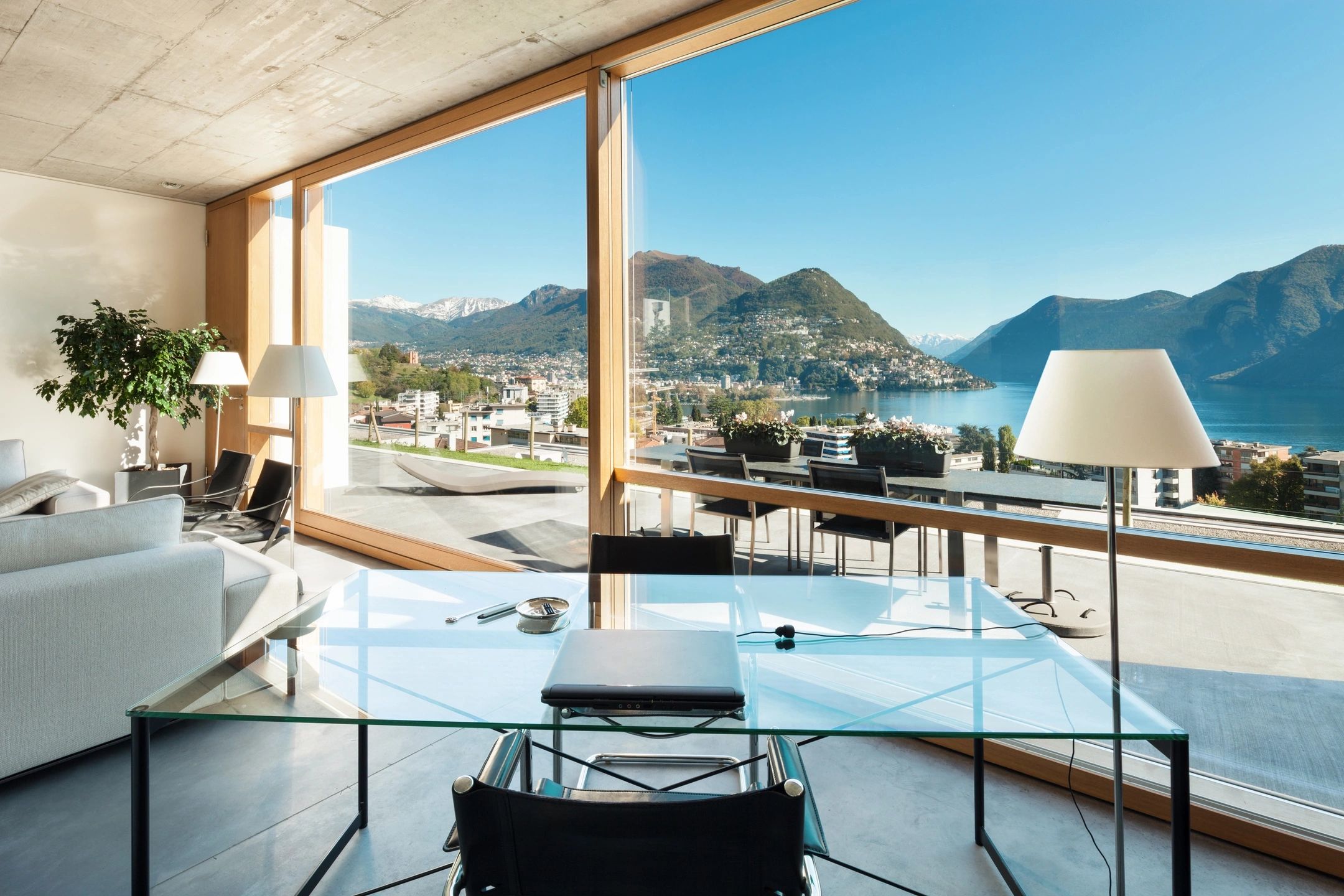Introduction
In recent years, Smart Glass technology has emerged as a game-changer across multiple industries, offering unprecedented versatility and functionality. From enhancing energy efficiency to revolutionizing user interactions, Smart Glass has become synonymous with innovation. This article delves into five innovative applications of Smart Glass that are reshaping the future landscape of technology and design.
Smart Glass: Redefining Architectural Design
In the realm of architectural design, Smart Glass has ushered in a new era of flexibility and creativity. Architects and designers are leveraging Smart Glass to create dynamic environments that seamlessly adapt to changing needs. With the ability to switch between transparent and opaque states, Smart Glass enables customizable privacy solutions while maximizing natural light.
Smart Glass in Automotive Advancements
The automotive industry is embracing Smart Glass technology to enhance safety, comfort, and aesthetics in vehicles. Smart Glass sunroofs offer passengers control over sunlight penetration, reducing glare and heat buildup inside the vehicle. Additionally, Smart Glass displays integrated into windshields provide vital information such as navigation prompts and vehicle diagnostics, enhancing the driving experience.
Healthcare Innovations with Smart Glass
In healthcare settings, Smart Glass is driving innovations in patient care, privacy, and efficiency. Smart Glass privacy partitions in hospitals offer patients customizable levels of privacy while maintaining visibility for medical staff. Furthermore, Smart Glass surfaces equipped with interactive displays facilitate seamless communication and data access, improving workflow efficiency for healthcare professionals.
Smart Glass: Sustainable Solutions for Energy Efficiency
As sustainability becomes a key focus across industries, Smart Glass emerges as a sustainable solution for energy-efficient buildings. By dynamically adjusting tint levels based on external conditions, Smart Glass optimizes natural light utilization while minimizing the need for artificial lighting and heating. This not only reduces energy consumption but also enhances occupant comfort and productivity.
Smart Glass: Revolutionizing Retail Experiences
In the retail sector, Smart Glass is transforming storefronts and interactive displays, offering immersive shopping experiences to customers. Smart Glass storefronts equipped with interactive displays enable retailers to showcase products in innovative ways, attracting and engaging customers. Moreover, Smart Glass windows with augmented reality capabilities provide shoppers with personalized product information and virtual try-on experiences, enhancing decision-making processes.
FAQs (Frequently Asked Questions)
How does Smart Glass work? Smart Glass utilizes technology such as electrochromism or liquid crystal molecules to change its transparency in response to electrical voltage, allowing for dynamic control over light transmission.
What are the benefits of Smart Glass in architecture? Smart Glass offers architects and designers flexibility in space design, improved energy efficiency, customizable privacy solutions, and enhanced aesthetic appeal.
Is Smart Glass suitable for residential use? Yes, Smart Glass is increasingly being used in residential settings for windows, doors, skylights, and partitions, offering homeowners privacy, energy savings, and modern design aesthetics.
Can Smart Glass be retrofitted into existing buildings? Yes, Smart Glass can be retrofitted into existing buildings without extensive structural modifications, making it a versatile solution for renovation projects.
Is Smart Glass expensive? While the initial cost of Smart Glass installation may be higher compared to traditional glass, the long-term energy savings and benefits outweigh the initial investment for many applications.
Are there any privacy concerns with Smart Glass? Privacy concerns with Smart Glass can be addressed through customizable control options, such as manual switches, remote controls, or automated sensors, allowing users to adjust transparency according to their preferences.
Conclusion
Smart Glass technology continues to push the boundaries of innovation across various industries, offering unparalleled versatility, functionality, and sustainability. From architectural marvels to automotive advancements and healthcare innovations, the applications of Smart Glass are limitless. As technology evolves, Smart Glass is poised to play a pivotal role in shaping the future of design, efficiency, and user experience.

